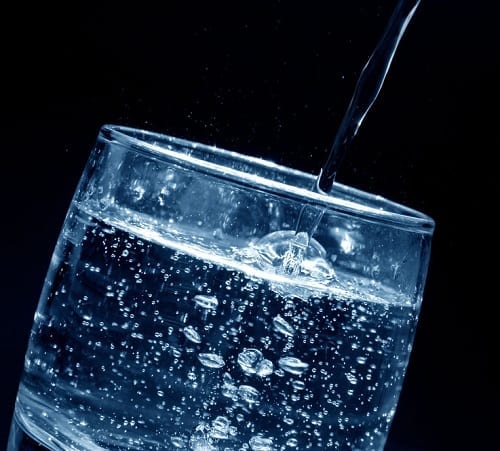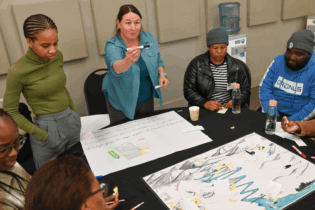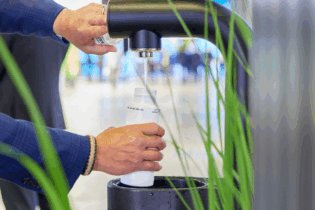
A call for world leaders to unite and do more to support the global push for greater access to water and sanitation was one of the focal points at the World Water Day Summit in Durban last week.
The summit was held as part of National Water Week.
President Jacob Zuma said the High Level Panel on Water sought to inspire world leaders, provide political leadership, and galvanise support to accelerate the implementation of the United Nations Sustainable Development Goals (SDGs).
The SDGs include a target to ensure that everyone has access to safe water by 2030, making water a key issue in the fight to eradicate extreme poverty.
Zuma highlighted the fact that 1.8 billion people use a source of drinking water contaminated with faeces, putting them at risk of contracting cholera, dysentery, typhoid and polio.
World Water Development Report
To address the goal of 10 billion people getting access to water and sanitation by 2030, Zuma launched the 2017 World Water Development Report, which is focused on “Wastewater: the untapped resource”.
Zuma said the bleak global picture presented in the report requires world leaders to urgently prioritise the improvement of access to essential water and sanitation services.
The report showed that only 147 countries have met the SDG drinking water target, while 95 countries have met the sanitation target. However, only 77 countries around the world have met both.
“These statistics do not do justice in conveying the development and health challenges faced by so many people or in contextualising how unevenly these basic services are distributed around the world and within societies,” Zuma said.
“For example, it was reported that in 2011, nearly 60% of the world’s one billion extremely poor people lived in just five countries. It seems that little has changed since 2011,” he added.
Zuma said this unacceptable situation will only get worse unless the world joins forces to create equal chances for success at all levels to secure freshwater for current and future generations.
Panel pledges to achieve 2030 Agenda
The High Level Panel on Water (HLPW) pledged to work closely with all water stakeholders to ensure that water related targets of the 2030 Agenda and beyond is achieved.
The members of the panel said they were taking action in their own countries to accelerate the achievement of universal access through new service delivery and sector financial models.
In recognising the importance of data in water management, Australian Prime Minister Malcolm Turnbull launched the Panel’s Water Data initiative last week Thursday, with a focus on policies, innovation and harmonisation to improve access to water related data.
“To strengthen sustainable water management and water use, the Prime Minister of the Netherlands, Mark Rutte, recently started a multi-stakeholder dialogue on the approach and principles for valuing water,” Water and Sanitation minister Nomvula Mokonyane said at the summit.
She added that this dialogue aims to develop a set of shared principles to motivate and encourage governments, business and civil society to consider water’s multiple values and to guide the transparent incorporation of these values into their decision-making.
Global population growth
The UN Commission on Population and Development estimates that the global population, which currently stands at about 7.3 billion people, may grow to 9.7 billion by the year 2050, with as many as 3.1 billion additional residents in urban areas.
“The largest increase in population is expected to happen here in Africa, followed by Asia. These are already amongst the regions most adversely affected by water and sanitation problems,” Zuma said.
UN Water vice chairperson, Joakin Harlin, said the SDG Agenda 2030 is transformative and that they are aiming high, hoping to achieve the target for water and sanitation for all.







